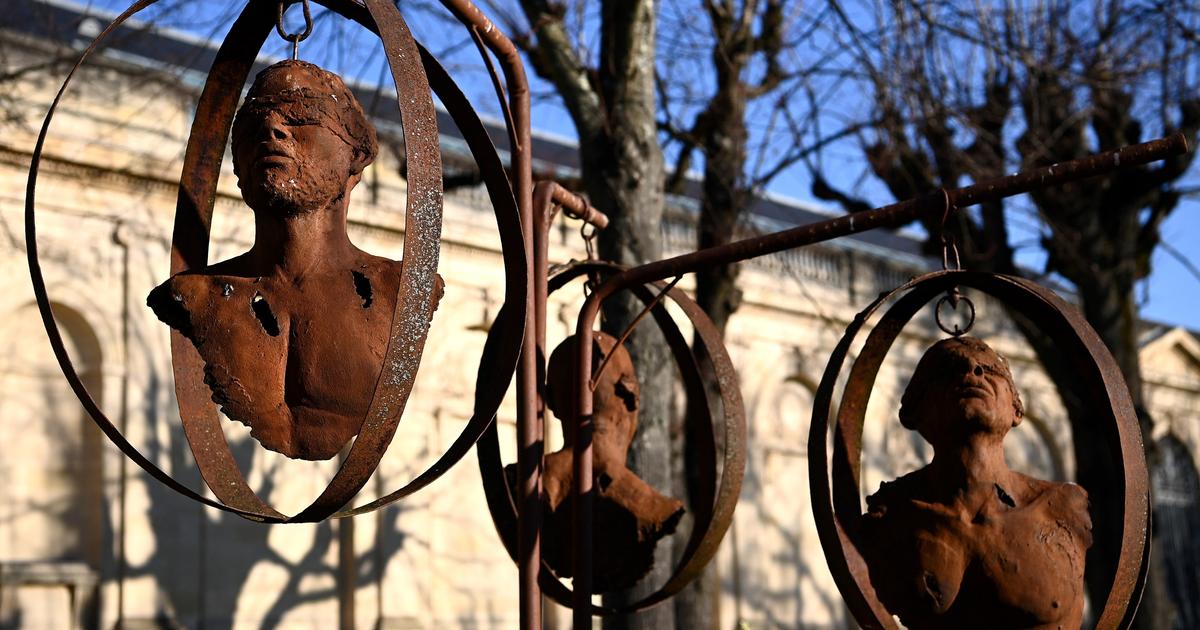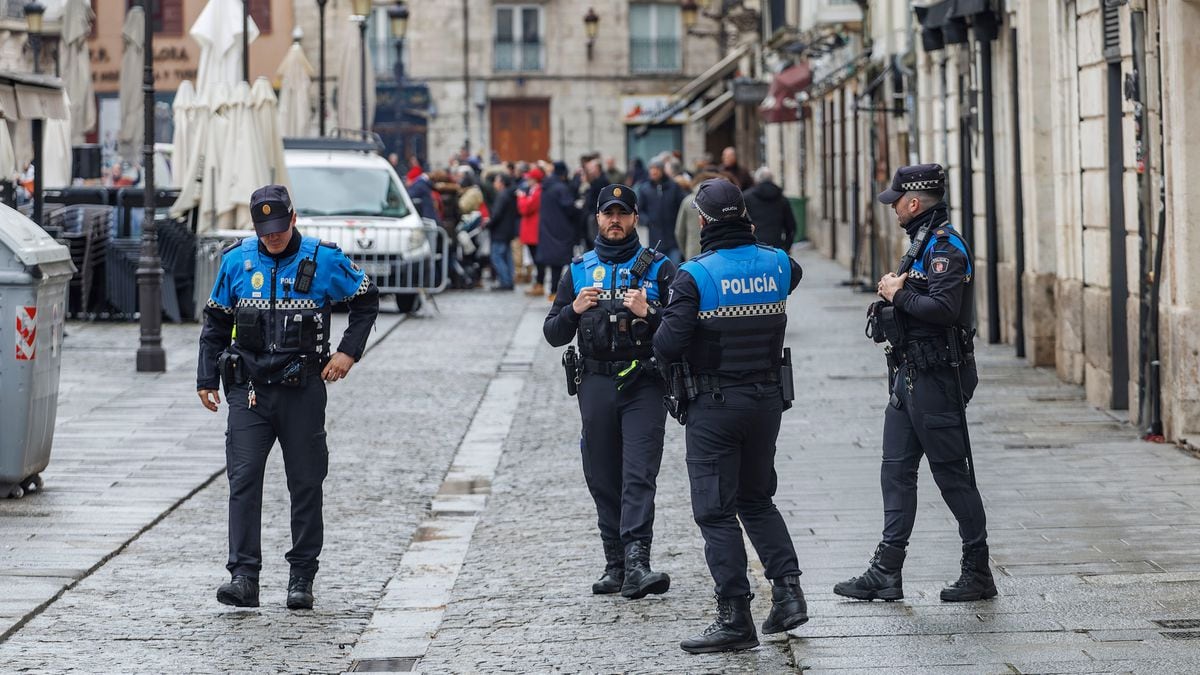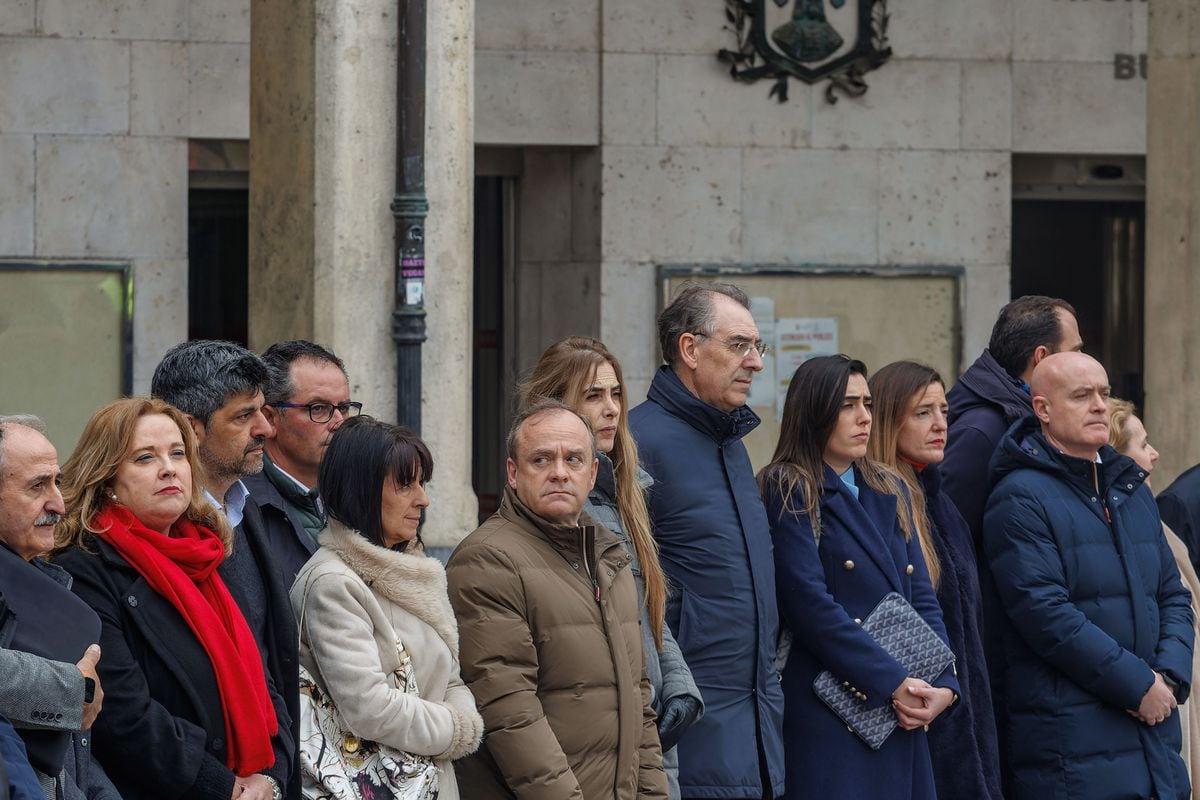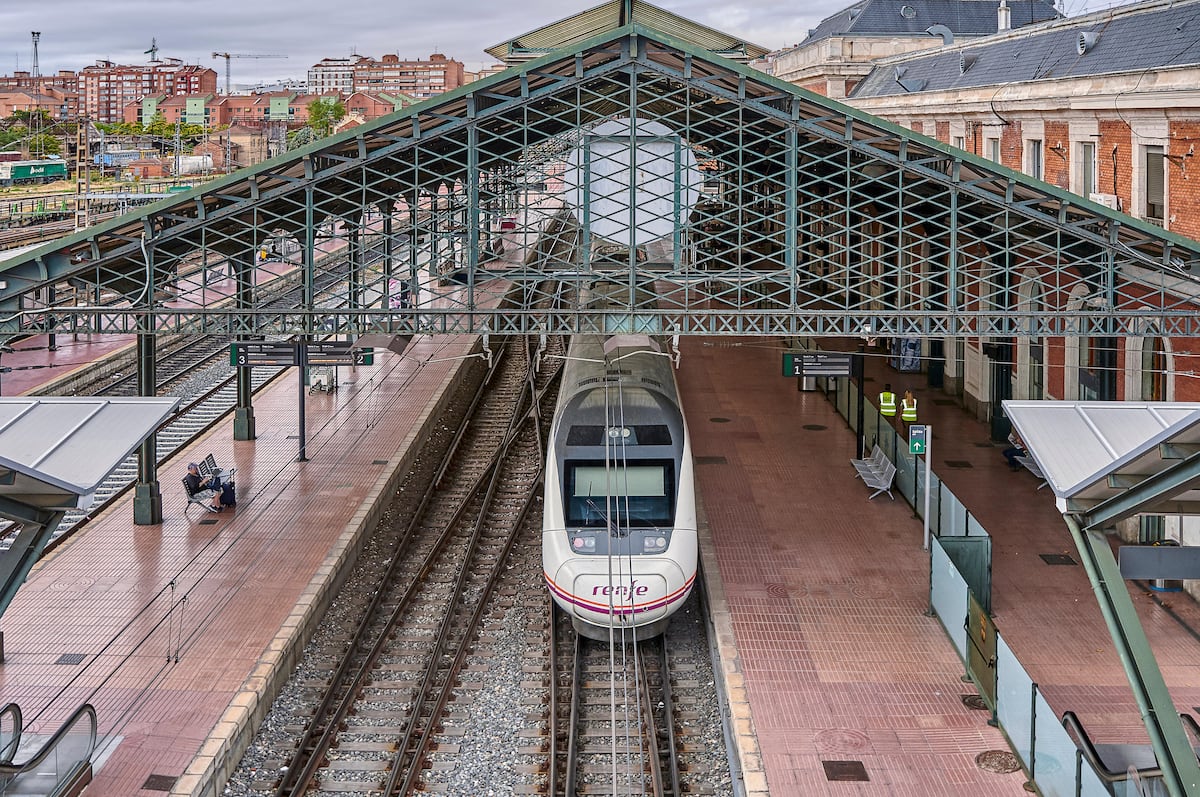Calvario Street hosts the first afternoon conversation in Roales de Campos (Valladolid, 150 inhabitants).
A woman comments that she has read something about the arrest of a married couple for exploiting migrants in the village, but that she cannot imagine the culprits.
Until, suddenly, he says: "Isn't it ...?"
and quickly call a friend to discuss whether that 61-year-old pastor would be capable of doing this.
A town councilor, who prefers not to give his name, confirms this: last week this rancher was arrested, along with his wife, for an alleged crime against workers' rights.
Quite an event in a quiet place, but not crazy given the complicated file of the detainee, explains the neighbor.
The National Police arrested them on March 16 when they detected three irregular immigrants in some ships "under abusive conditions that border on semi-slavery," according to a statement.
There they resided in a house with a corrugated roof, without hot water or heating, sleeping in beds with fleas and doing leonine days: 18 hours a day, without breaks or vacations.
They charged about 600 euros a month and assumed this mistreatment, highlights the Police, because they needed the money to send it to their families.
Two were Colombian and one Moroccan, and they fell apart in Roales.
The Labor Inspectorate had denounced similar practices of this marriage in 2012, but the councilor says that it was a constant for years: the couple was rotating the workers - when some left, others arrived - and deceived them to squeeze them.
The extensive facilities look good from the cemetery and its disrepair and grime can be seen as you approach.
Some chickens peck along a dirt road;
fenced sheep huddle in the sun.
The locals indicate that the couple lives in the upper part of a building next to a cereal silo.
The immigrants were crammed into a shack.
At the bottom of the ship appears a woman with blue eyes.
Huraña, introduces herself as Encarna and declines to pronounce before returning to the guts of the farm.
The balancing sheep and a couple of horses and a donkey watch the scene alongside a large pile of manure and several tractors.
The councilor of Roales explains that the immigrants worked "from dawn to dusk" and they hardly saw them in the bar "at Christmas", when the boss gave them "a tip."
In addition, he relates that he has a certain relationship with another of the marriage employees, a Zamorano, and that he tells him that when he does numbers with them "it seems that he is the one who owes them money."
The string of anecdotes includes episodes such as that of Lika, a Romanian who spent 10 years at his command and who, when he wanted to leave, discovered that he had been seven years without being registered with Social Security.
The only group that is formed in the town is next to the church, where the cooing of the pigeons is mixed with the chatter with the pharmacist, who has come to distribute medicines.
At the end of the street, a man is shouting on the phone, sitting in his car, the news of the day in a place not used to shocks.
His words coincide with those of the councilor: the pastor has "a pile of complaints in Benavente."
The City Council worker details that the now arrested man usually makes his cattle graze on other people's land and that the Civil Guard has him "booked" for various reasons.
The two also mention the decline of the rancher, who went from having thousands of animals to "go under."
The future of the three exploited migrants - whether or not they will receive, as a final point to their hard experience, an expulsion order - will depend on the judge, sources from the Government Delegation point out.
They will be cited as witnesses and as victims in the case against marriage that enslaved them thousands of miles from their families.








/cloudfront-eu-central-1.images.arcpublishing.com/prisa/VJEQPDZR7VGOFMRM3OPJZFFZJQ.jpg)





